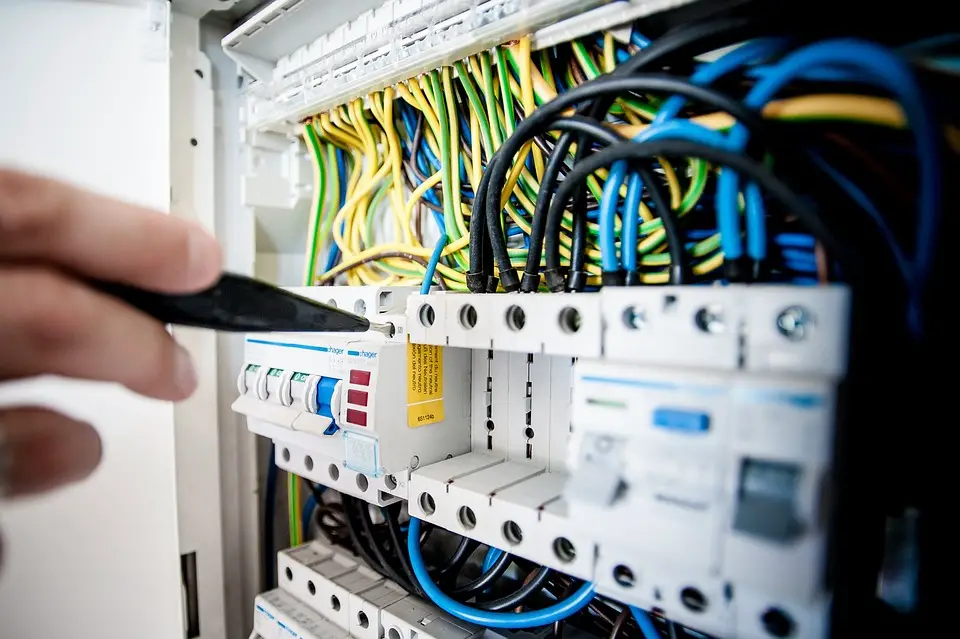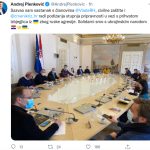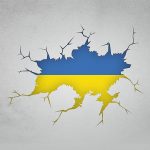As Poslovni Dnevnik/Jerko Zlatar writes, Croatia is very much focused on Ukraine’s ongoing strife. We only need to look at the debate being had in the Croatian Parliament on the training of Ukrainians, the commendable attempts made by numerous sectors in this country to help with the integration of refugees, and the excellent work of the Ministry of Foreign and European Affairs at the Crimea Platform and political support for Ukraine. That said, the Republic of Croatia continues to employ a chronically lacking approach when it comes to proactivity with sending humanitarian aid abroad.
The current situation in Ukraine and recently in neighbouring Moldova illustrates the passivity and disorganisation of the process of sending aid, and the involvement of Croatian companies in that process turned out to be minimal and somewhat spontaneous. This has consequences for future exports.
Moldova is currently facing an energy crisis due to the fact that Gazprom has significantly reduced its gas supplies. To make matters worse, the lifeblood of Moldova’s electricity supply from the EU is the 400 KV transmission line, which runs from Romania, through Ukraine and the separatist enclave of Transnistria.
Due to the overloading of the system in Odesa Oblast, as a result of Russian missile attacks on the Ukrainian electricity supply system, Moldova was left without electricity for two hours. According to Bloomberg last month, advisory and professional help was sent to by Lithuania and Poland, because the local Energocom employs only seventeen employees.
As for Croatian companies, which could quickly build a new transmission line with appropriate transformer stations, and whose institutes (including HEP) could help a lot in the procurement of electricity – there were no such moves to speak of. The agreement for the new transmission line was signed back in 2017, the value of the project stands at 270 million US dollars. It was also planned to be co-financed by the European Investment Bank with 80 million dollars.
Another example is France, which, in the wake of Russian attacks on Ukraine’s energy infrastructure last week, sent 100 generators with a power of 50 and 100 KVA. In total, 500 generators have been sent to Ukraine through the EU Civil Protection Mechanism.
However, among the sevetneen EU member states that have sent aid to Ukraine’s electric power system, Croatia isn’t among them – which produces almost everything needed in this situation, such as transformers, generators and transmission lines, and whose electricity industry has experience in staying up and running during a war.
In an interview with the Ukrainian channel Freedom TV, the head of the regional military-civilian administration of the Luhansk region, Serhiy Hayday, said that the area primarily needs water purifiers and help with demining, areas in which Croatian companies also have something to offer.
Regarding demining, help from Croatian companies has already been offered, but in the Luhansk region, literally everything is lacking, from electricity to windows and building materials. Regarding private initiatives, DOK-ING has already demonstrated its innovative demining and firefighting robots to the President of the Verkhovna Rada of Ukraine, Ruslan Stefancuk, during a visit to the meeting of the Crimea Platform in Zagreb.
Above all, it is necessary to create the most effective framework for bringing together businesses and the Croatian Government, which would be able to respond in a timely manner to crisis situations across the world, and which could become one of the main promoters of Croatian exports.
The Ministry of Foreign and European Affairs and the Croatian Chamber of Commerce would have to be included in that body, as would other stakeholders like the Croatian Employers’ Association, in order not to need to wait for EC decisions, but to react immediately and raise Croatia’s reputation across the world and actively promote domestic production.
For more, make sure to check out our dedicated news section.










